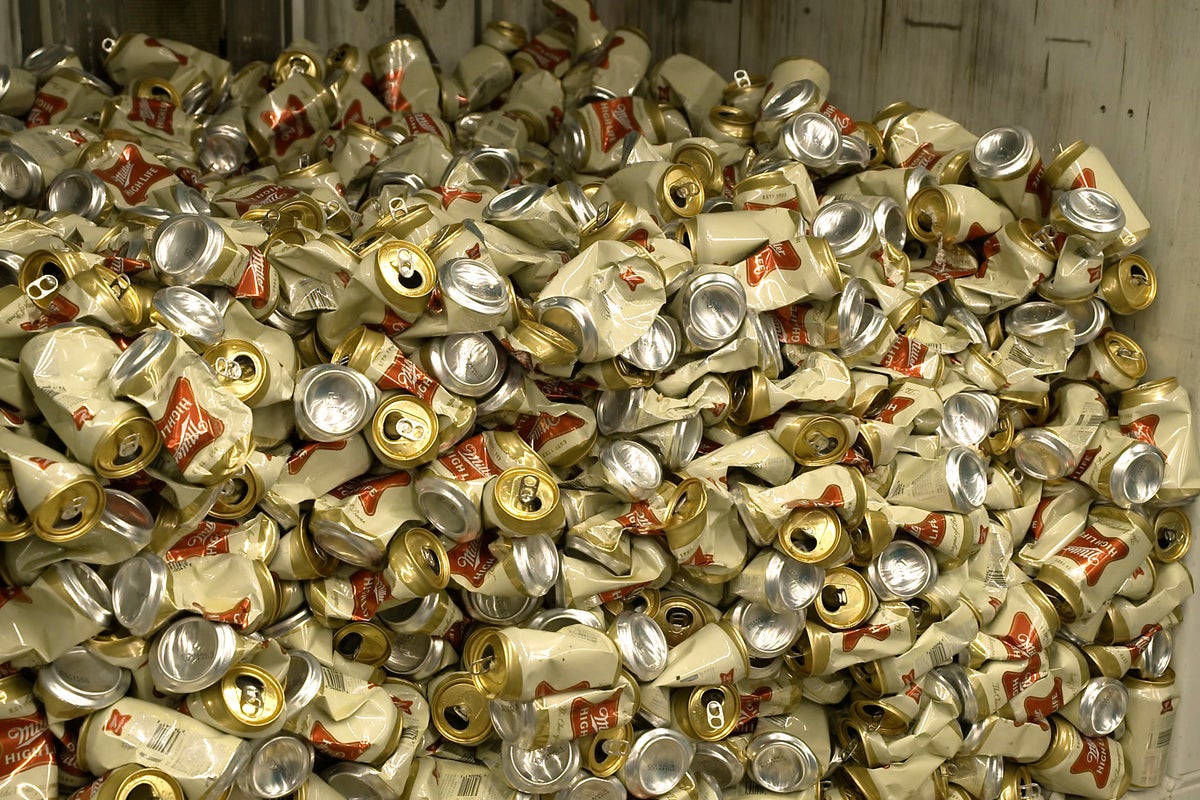
The guardians of Champagne will let no one take the name of the bubbly beverage in vain, not even a U.S. beer behemoth.
For years, Miller High Life used the “Champagne of beers” slogan. This week, that appropriation became impossible to swallow.
At the request of the trade body defending the interests of houses and growers of the northeastern French sparkling wine, Belgian customs crushed more than 2,000 cans of Miller High Life advertised as such.
The Comité Champagne asked for the destruction of a shipment of 2,352 cans on the grounds that the century-old motto used by the American brewery infringes the protected designation of origin “Champagne.”
The consignment was intercepted in the Belgian port of Antwerp in early February, a spokesperson at the Belgian Customs Administration said on Friday, and was destined for Germany. Belgian customs declined to say who had ordered the beers.
The buyer in Germany “was informed and did not contest the decision,” the trade organization said in a statement.
Frederick Miller, a German immigrant to the US, founded the Miller Brewing Company in the 1850s. Miller High Life, its oldest brand, was launched as its flagship in 1903.
According to the Milwaukee-based brand’s website, the company started to use the “Champagne of beers” nickname three years later. At one point, the beer was also available in champagne-style bottles.
No matter how popular the slogan is in the United States, it is incompatible with European Union rules making clear that goods infringing a protected designation of origin can be treated as counterfeit.
The 27-nation bloc has a system of protected geographical designations created to guarantee the true origin and quality of artisanal food, wine and spirits, and protect them from imitation. That market is worth nearly 75 billion euros ($87 billion) annually — half of it in wines, according to a 2020 study by the EU's executive arm.
Charles Goemaere, the managing director of the Comité Champagne, said the destruction of the beers "confirms the importance that the European Union attaches to designations of origin and rewards the determination of the Champagne producers to protect their designation.”
Belgian customs said the destruction of the cans was paid for by the Comité Champagne. According to their joint statement, it was carried out “with the utmost respect for environmental concerns by ensuring that the entire batch, both contents and container, was recycled in an environmentally responsible manner.”







